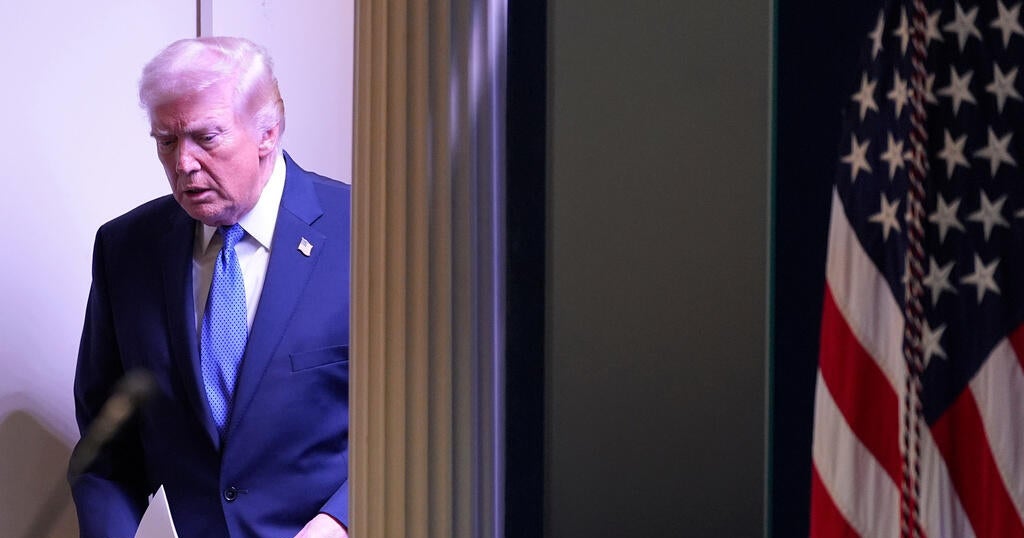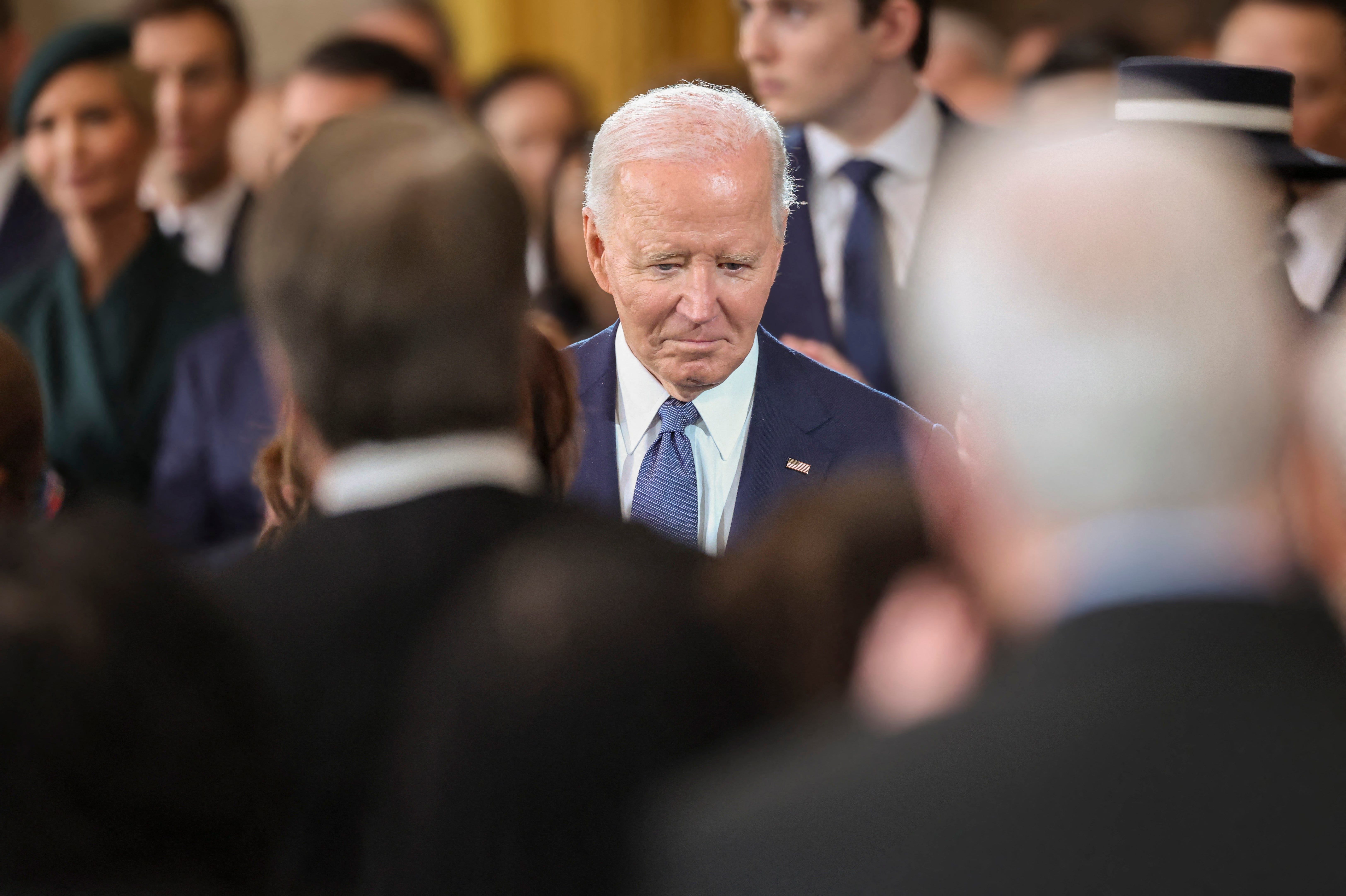"It's time to act": Biden rolls out new actions on climate change
Washington — President Joe Biden on Wednesday signed a series of executive actions aimed at combating climate change, building on unilateral action the president took his first day in office and heightening the federal government's focus on the issue, which took a back seat under former President Donald Trump's administration.
Joined by Vice President Kamala Harris, special presidential envoy for climate John Kerry and national climate adviser Gina McCarthy, Mr. Biden said his actions will "supercharge our administration's ambitious plan to confront the existential threat of climate change."
"It's about coming to the moment to deal with this maximum threat that is now facing us, climate change, with a greater sense of urgency," he said in remarks at the White House. "In my view, we've already waited too long to deal with this climate crisis and we can't wait any longer. We see it with our own eyes, we feel it, we know it in our bones."
The president said the nation "desperately" needs a unified response to the climate crisis and stressed the U.S. must be the leader in the global response.
"It's time to act," he said.
In a trio of directives, Mr. Biden directed the Interior secretary to freeze new oil and gas leases on public lands and offshore waters "wherever possible," and review existing leasing and permitting practices related to fossil fuel development on federal lands and water. Mr. Biden stressed, as he did during the presidential campaign, that his administration is not going to ban fracking.
The president's executive order sets a goal of conserving at least 30% of land and water by 2030, and begins the process for the U.S. to develop an emission reduction target and a climate finance plan.
Mr. Biden established climate as a key element of foreign policy and national security, instructing the director of national intelligence, Avril Haines, to prepare a "National Intelligence Estimate" on the security implications of climate change. In elevating climate in U.S. foreign policy, Mr. Biden's special presidential envoy for climate, Kerry, will sit on the National Security Council.
Through his executive actions, the president formally created the White House Office of Domestic Climate Policy and established the National Climate Task Force, composed of officials from 21 federal agencies and departments. Before he took the reins of the government, Mr. Biden tapped McCarthy, former administrator of the Environmental Protection Agency, as national climate adviser, and she will lead the Office of Domestic climate Policy.
Mr. Biden also signed a presidential memorandum protecting government scientists from political interference.
"It's a whole-of-government approach to put climate change at the center of our domestic, national security and foreign policy," the president said of his actions. "It's advancing conservation, revitalizing communities and cities and on the farmlands, and securing environmental justice. Our plans are ambitious but we are America. We're bold."
Mr. Biden's latest series of directives focused on tackling the climate crisis come a week after he signed an order rejoining the Paris climate agreement, which was negotiated by former President Barack Obama's administration. On his first day in office, the president also effectively ended the Keystone XL Pipeline.
The president has spent his first week in office rolling out a slew of orders focused on the coronavirus crisis, manufacturing, immigration and racial equity. Mr. Biden said climate touches on a slew of his agenda items, including boosting U.S. jobs, ensuring the health of American families and protecting the security of the nation.



